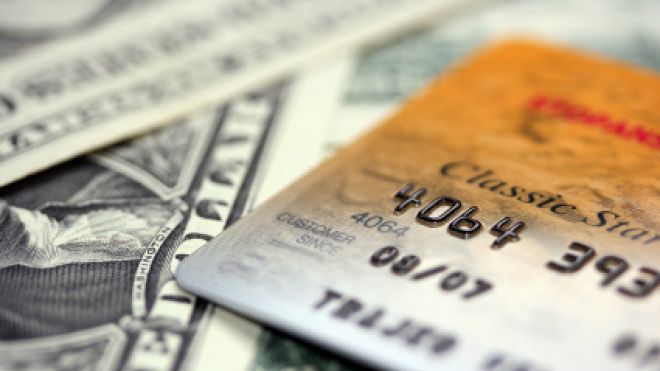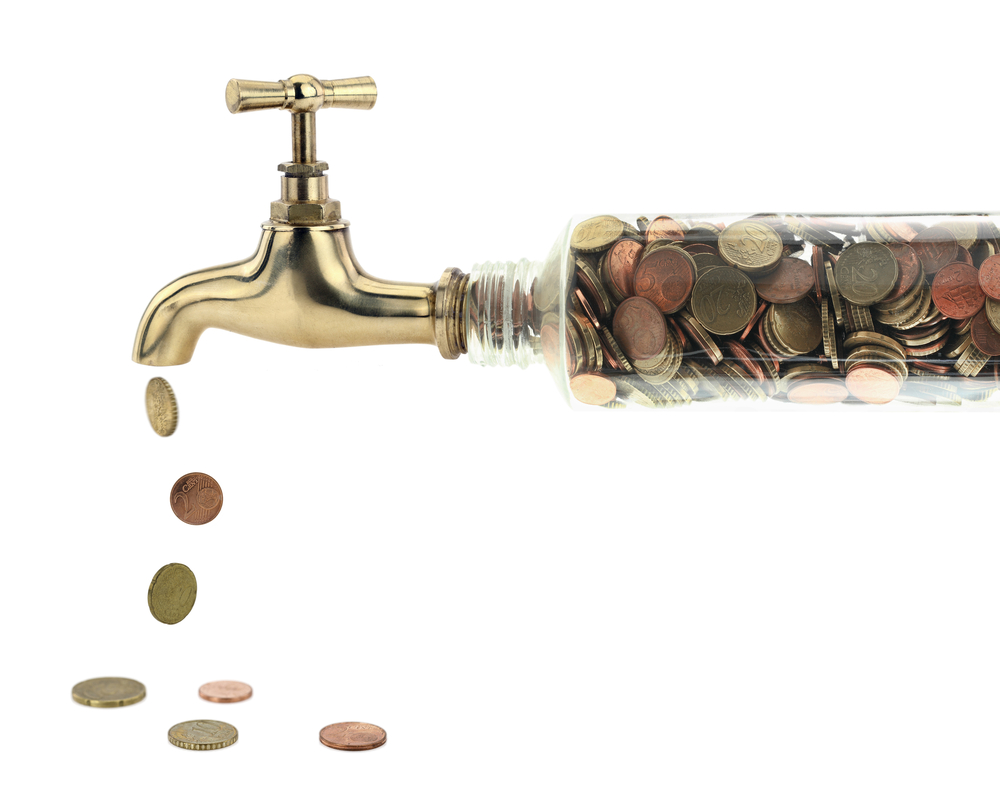More than half a million Brits have been the victims of credit fraud, which as well as being worrisome and stressful can also have a significant effect on everyday life. Reports suggest that the average victim pays £2,100 in legal fees to clear their name following credit fraud, and even then there are still some long lasting issues, including unfair defaults on your credit report, that make it difficult – or even impossible – to secure credit or loans in the future.
The good news is that, while it can take time, it is possible to recover from credit fraud, clearing your name completely and making it easier to enjoy your normal day-to-day lifestyle.
Repair Your Credit Report
After reporting the crime to the relevant authorities, the first step towards recovering from credit fraud is to remove any fraudulent activity from your credit report. Although it’s widely believed to be practically impossible to remove unfair defaults from your credit report, if you can reasonably prove that you’ve been the victim of fraud then the process should be relatively straightforward, if a bit long winded.
The process involves contacting credit agencies – most notably the three main agencies that suppliers use in the UK: Experian, Equifax, and Callcredit – and explaining that you have been the victim of credit fraud. You’ll need to list all the errors you’ve found in your credit report, supply documents outlining these activities, and request that the errors are removed. This will prevent suppliers from accessing any data relating to fraudulent activity and transactions.
Don’t Put Your Life on Hold
While you’re corresponding with credit experts and fraud specialists, you can take your own personal steps towards recovering from credit fraud – there’s no need to put your life on hold. If you’ve been planning to take out a loan for a holiday or home improvements, or if you’ve been planning to purchase a new smartphone or TV using credit, you can still go ahead with your plans.
With credit fraud on the rise in the UK, we’re beginning to see a surge in popularity of dedicated lenders and providers that have been set up especially to work with those with poor credit histories, either due to fraud or past money management issues.
Sign up for Protective Registration
There are a number of companies in the UK which offer protective registration options for anyone worried about credit fraud. What this does is flag your credit report, telling suppliers that you’ve been the victim of credit fraud in the past, or are considered to be at risk of future fraud.
Extra checks will be carried out when you apply for credit, and although this can delay approval, it will not affect your credit rating and it demonstrates that you’re being proactive against fraud. Implementing measures to protect yourself and your finances is a great way to improve your current credit rating, and help you recover from the long lasting effects of credit fraud.
By Harry Price
Harry Price is a freelance writer and artist from the south coast. He lives on the south coast with his wife and 3 dogs.



